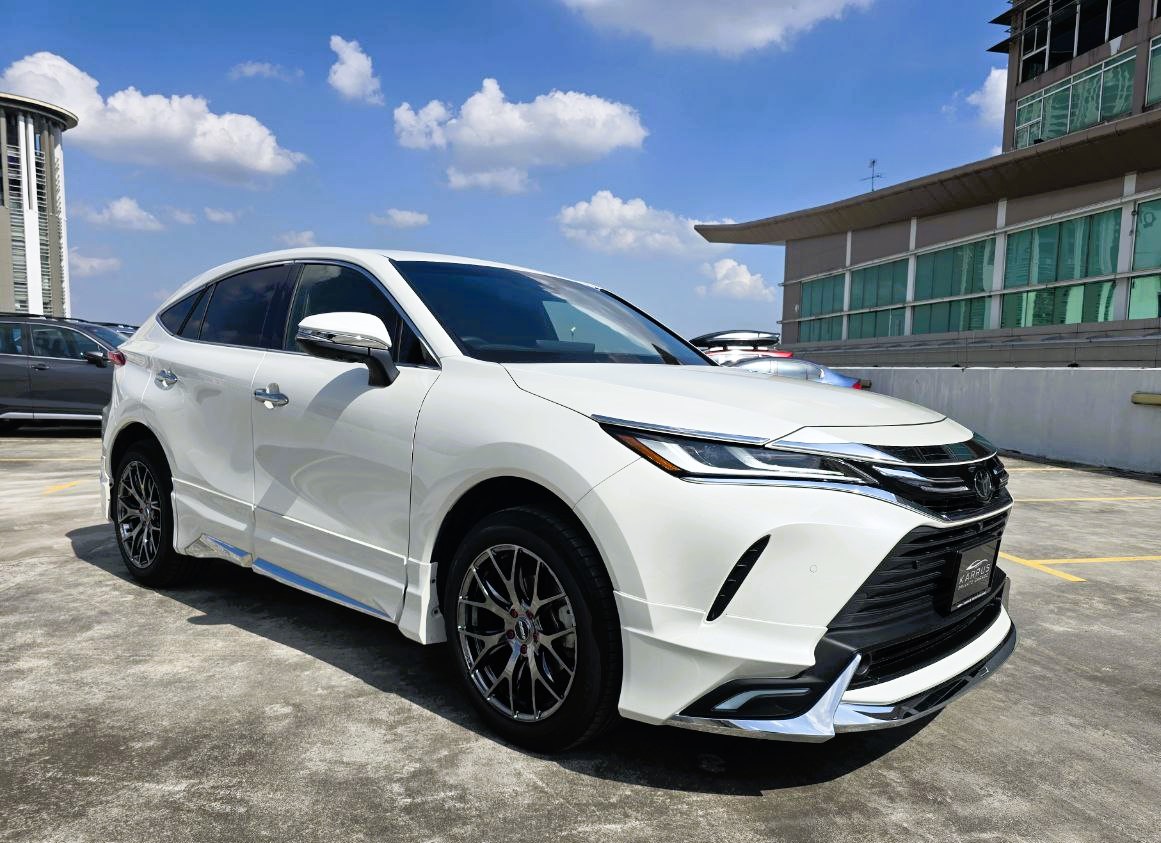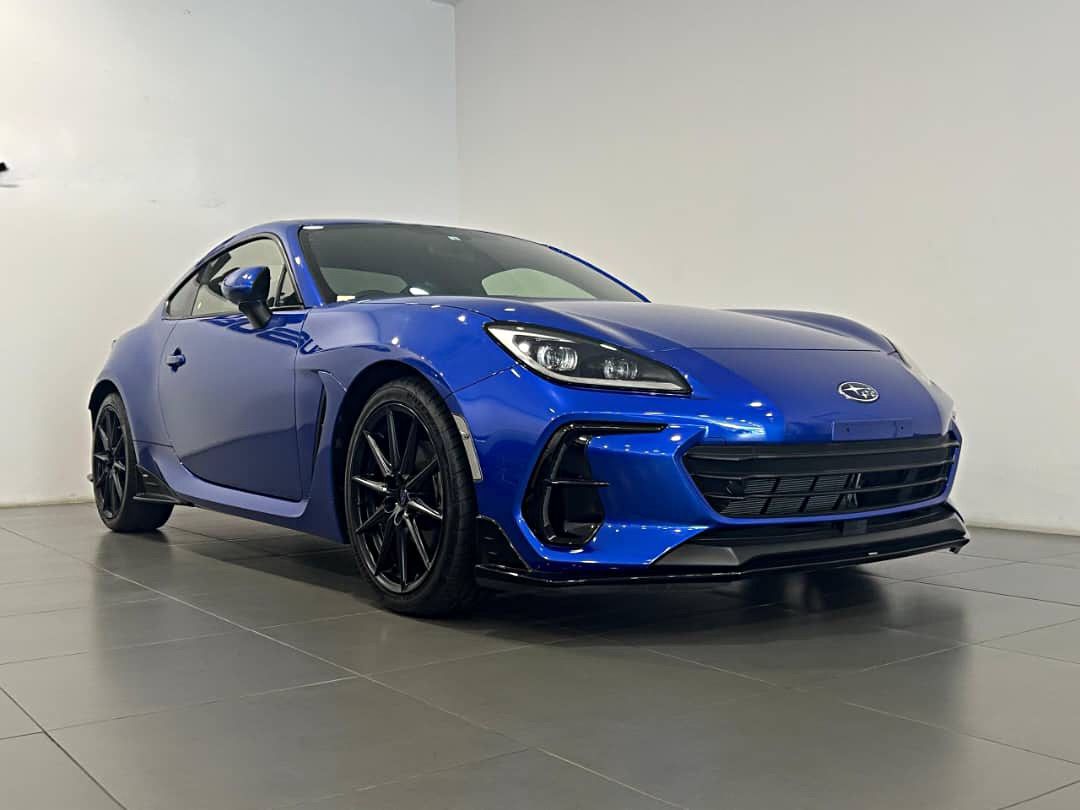Introduction
When it comes to purchasing a used car in Malaysia, many buyers focus mainly on the price, appearance, and condition. However, behind every price tag, there are several shocking factors at play, influencing the value of used vehicles. From fluctuating market conditions to import regulations and the economy, many of these elements might surprise you. Understanding what drives used car prices in Malaysia can help buyers make more informed decisions. This article explores seven unexpected and often overlooked factors that can influence the prices of used cars in Malaysia, so you can navigate the market with more confidence.
Economic Conditions and Inflation
- A: Economic downturns affect demand and pricing:
During economic slowdowns, people tend to hold off on major purchases, including cars. As demand decreases, prices for used vehicles often drop. On the other hand, when the economy picks up, demand rises, and so do prices.
- B: Inflation can drive up used car prices:
Rising inflation rates often lead to an increase in the cost of goods, including vehicles. When inflation is high, the cost of purchasing both new and used cars tends to rise, forcing buyers to adjust their budgets and expectations.
- C: Interest rates affect car financing options:
Interest rates directly impact car loan affordability. Higher interest rates make car loans more expensive, leading to reduced demand for used cars. In contrast, lower rates encourage more buyers, raising the prices of used cars.
Car Age and Mileage
- A: Older cars generally have lower resale value:
As cars age, their market value naturally decreases. Older vehicles, especially those over 10 years old, typically have lower prices due to wear and tear. However, well-maintained older cars may still fetch a higher price depending on their brand and condition.
- B: High mileage reduces a car's value:
Cars with high mileage tend to experience more mechanical problems, which can decrease their appeal to potential buyers. High mileage often means more frequent repairs, which lowers the resale value of the car.
- C: Low-mileage vehicles hold better value:
On the flip side, used cars with lower mileage are often priced higher, as they are perceived as being in better condition. Buyers are willing to pay more for vehicles with fewer kilometres on the clock because they are seen as less risky.
Brand and Model Popularity
- A: Popular brands like Toyota and Honda tend to retain value:
Well-known and reliable brands such as Toyota, Honda, and BMW are in high demand in Malaysia, which helps maintain their value. These brands are seen as dependable, and buyers are more willing to pay a premium for them.
- B: Luxury vehicles and niche models depreciate slower:
Luxury cars, such as the Mercedes-Benz or BMW, can sometimes hold their value longer due to the perception of quality and the demand for premium vehicles. Niche models, such as sports cars, may also depreciate more slowly if they maintain a dedicated following.
- C: Discontinued models can become more valuable:
When car manufacturers discontinue a model, the price of that used car can sometimes rise due to its rarity. Certain discontinued models become collectibles or have higher demand among enthusiasts, making them valuable on the used car market.
Import Restrictions and Duty Fees
- A: Strict regulations for recond cars increase prices:
Reconditioned (recond) cars, which are popular in Malaysia, face high import duties and taxes. These additional costs are passed on to the consumer, making recond cars more expensive than locally sourced vehicles.
- B: Import quotas can limit the availability of certain cars:
Malaysia’s import quotas and policies also influence which vehicles are available for purchase. When fewer cars are allowed for import, the supply is limited, causing prices to rise.
- C: Shipping costs affect final prices:
The cost of shipping cars from overseas to Malaysia, especially during times of economic uncertainty or logistical issues, can also raise the price of used cars. Buyers often end up paying more due to fluctuating shipping costs.
Vehicle Condition and Modifications
- A: Cars with accident history are priced lower:
A car that has been involved in an accident often has a lower resale value due to concerns about its structural integrity and potential repairs needed. Cars with accident histories are often priced lower to compensate for the risk.
- B: Upgrades and modifications can increase value:
Cars that have been upgraded with features such as custom rims, a high-quality sound system, or advanced tech gadgets might be priced higher, as some buyers are willing to pay more for these enhancements.
- C: Well-maintained cars fetch a higher resale price:
A car in excellent condition with up-to-date service records will attract a higher price. Buyers are willing to pay more for cars that have been meticulously maintained, with less likelihood of unexpected repairs.
Supply and Demand in the Market
- A: High demand leads to increased prices:
When there’s a strong demand for certain types of cars, such as compact cars or SUVs, prices tend to rise. This can happen in response to factors like rising fuel prices, changes in consumer preferences, or seasonal trends.
- B: Excess supply leads to price drops:
Conversely, when there’s an oversupply of used cars in the market, sellers may need to lower their prices to make a sale. This can occur in situations where dealers have too many cars in stock or during economic slowdowns.
- C: Localised demand can cause price variations:
The demand for certain types of cars can vary by region in Malaysia. For example, urban areas may see higher demand for compact cars due to narrow roads and traffic conditions, while suburban areas may see a higher demand for SUVs and 4x4 vehicles.
Frequently Asked Questions (FAQs)
1. What are the main factors that influence used car prices in Malaysia?
Economic conditions, car age, mileage, brand popularity, import duties, and market supply and demand all play a role in determining the price of used cars in Malaysia.
2. How does the economy affect used car prices in Malaysia?
Economic downturns reduce demand for cars, leading to lower prices, while periods of economic growth can drive up prices due to increased demand.
3. Why do recond cars cost more than locally used cars?
Recond cars often come with higher import duties, taxes, and shipping costs, which are passed on to the buyer. They also undergo a reconditioning process that adds value.
4. Is a high-mileage used car worth buying?
High-mileage cars tend to be priced lower but may require more frequent repairs. It’s essential to evaluate the car's condition and service history before purchasing.
5. How can modifications affect a used car’s price?
Modifications can increase a car’s price if they add value, such as premium upgrades or customisation. However, poorly done modifications can lower the price due to potential issues.
Conclusion
Understanding the factors that affect used car prices in Malaysia can help you make more informed decisions when purchasing a vehicle. From economic conditions and inflation to the condition of the car and supply and demand in the market, numerous factors come into play. Recond cars, due to their import duties and reconditioning process, can often be more expensive than local used vehicles. However, well-maintained cars with lower mileage or special features may retain better value. By staying informed and recognising these factors, you can secure a better deal, ensuring that you get a fair price for your next used car purchase. Visit TC AutoHub to explore a wide selection of quality used cars and make a smarter, well-informed purchase today!

